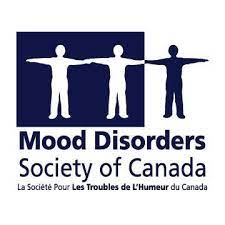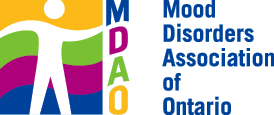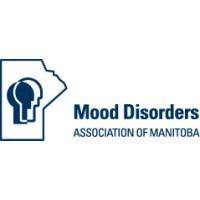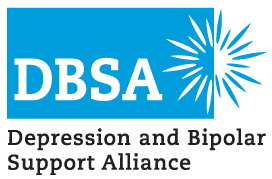Depression
- Team A
- Apr 4, 2022
- 3 min read
Updated: Apr 11, 2022
What is it?
Depression is a common but serious mood disorder which causes symptoms that can affect how you think, feel, and handle your day-to-day life activities such as sleeping, eating, socializing, working, etc. To be diagnosed with depression, these symptoms have to last for two weeks or more.

Types of depression:
There are five main types of depression, each with varying degree of symptoms.
Persistent depressive disorder (also called dysthymia) is a depressed mood that lasts for at least two years. Someone with persistent depressive disorder may have episodes of severe depression followed by periods of symptoms which are less severe. These symptoms must last for two years, however.
Postpartum depression is a type of depression many women experience after birth. It is much more severe than the milder “baby blues” that typically clear within a few weeks after delivery. Women with postpartum depression experience major depression during pregnancy or after delivery (postpartum depression). Feelings consist of extreme sadness, anxiety, and exhaustion that make it difficult for new mothers to care for themselves and their babies.
Psychotic depression is when an individual experiences severe depression which is also paired with some form of psychosis, such as delusions or hallucinations. These delusions and hallucinations often have a depressive “theme” to them such as delusions of guilt, poverty or sadness.
Seasonal affective disorder occurs by the onset of depression during the winter months, when there is less natural sunlight. This depression typically clears by spring and summer. Winter depression is characterized by withdrawal, increased sleep, and weight gains, which returns every year in seasonal affective disorder.
Bipolar disorder is different from depression, but it is included in this list is because someone with bipolar disorder experiences episodes of extremely low moods that meet the criteria for major depression (called “bipolar depression”). The individual also experiences extreme high – euphoric or irritable – moods called “mania” or a less severe form called “hypomania.”

Symptoms:
Symptoms of depression, highlighted below, should last for more than two weeks:
Persistent sad, anxious, or “empty” mood
Feelings of hopelessness, or pessimism
Irritability
Feelings of guilt, worthlessness, or helplessness
Loss of interest or pleasure in hobbies and activities that once brought joy
Decreased energy or fatigue
Moving or talking more slowly
Feeling restless or having trouble sitting still
Difficulty concentrating, remembering, or making decisions
Difficulty sleeping, early-morning awakening, or oversleeping
Appetite and/or weight changes
Thoughts of death or suicide, or suicide attempts
Risk factors of depression include:
Personal or family history of depression
Major life changes, trauma, or stress
Certain physical illnesses and medications
Activities and coping strategies:
Try exercising and being more active
Set realistic goals for yourself
Spend time with friends and family
Confide in someone your trust (could be a friend or relative)
Avoid isolating yourself, and let others help you if needed
Your mood will improve gradually, not instantly
Avoid making critical decisions such as marriage or divorce or changing jobs until you feel your mood improve. If possible, try to talk to someone you trust about this decision and get additional inputs and opinions regarding your situation.
Continue to educate yourself about depression.
Journaling prompts:
Write down 3 things you achieved today.
What would you say to a friend who is suffering with depression?
What are things that trigger your depression?
How can you minimise or avoid these triggers?
What is 1 change you can make in your life to avoid depression in the future?

Videos
Additional Resources:
To call
ConnexOntario at 1-866-531-2600
Kids Help Phone at 1 800 668-6868 – free counselling by phone or online; and help connect youth to additional information and local help
Website pages
Dealing with Depression: Antidepressant Skills for Teens (BC)
Here to Help (BC)
Informed Choices about Depression
Teen Mental Health
Community Services / Groups
COPE Mental Health Program (905) 905-666-0689 (Oshawa branch) Various Branches. Groups include: Anxiety & Depression Support, Anxiety & Stress Management, Mood Mastery, Wellness for Women/Men, Coping with Bipolar Disorder, Social Recreation, and Bereavement Support.
Mood Disorders Association of Ontario Support Line: (Mon-Fri, 9:30-5:00) 1-888-486-8236
Additional Resources and Helpful Links:
Depression Self Test:Take the free Self Test for Depression for more information
For a resource on recovery and self-management, download the free Antidepressant Skills Workbook.
Other Resources


















Comments